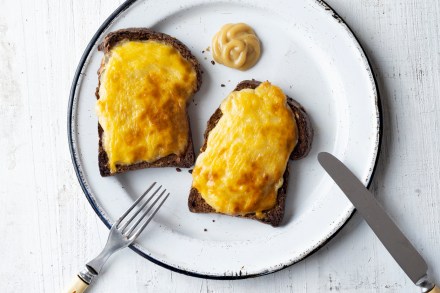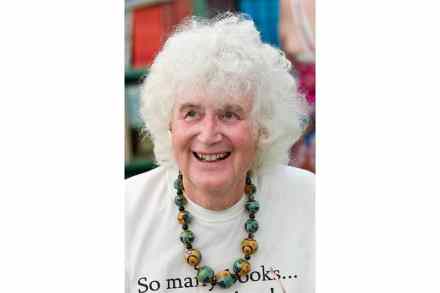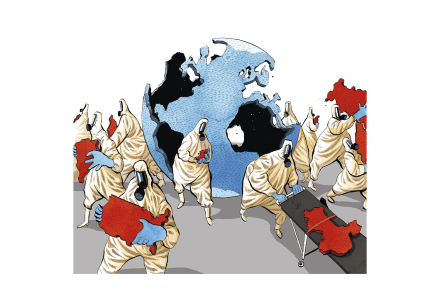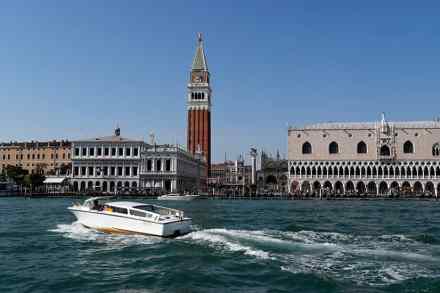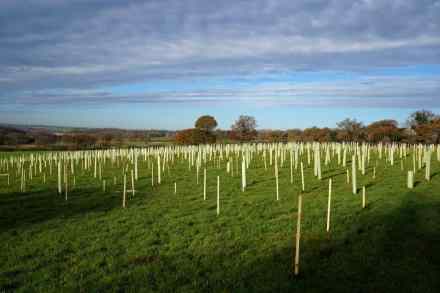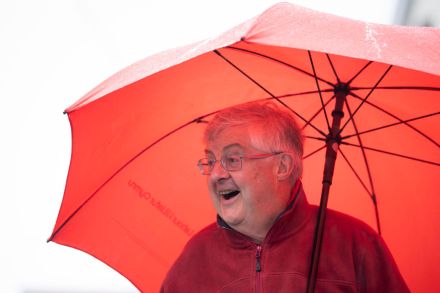Welsh rarebit: a slice of history for St David’s Day
I love St David’s Day. While it may not get as much attention as St Patrick’s, which seems to dominate the rest of March, it’s a great reminder that spring is on its way and an even better excuse to celebrate all things Welsh. When you think of Wales, you may think of our stunning scenery, rolling hills, choirs, rugby (although, if you are Welsh, probably best not to dwell on that one at the moment), breathtaking coastline, and of course Tom Jones. But we also have some pretty good cuisine – and I’m not talking about cheesy chips and gravy. Cawl, Welsh cakes, bara brith, leeks, laverbread and cockles
